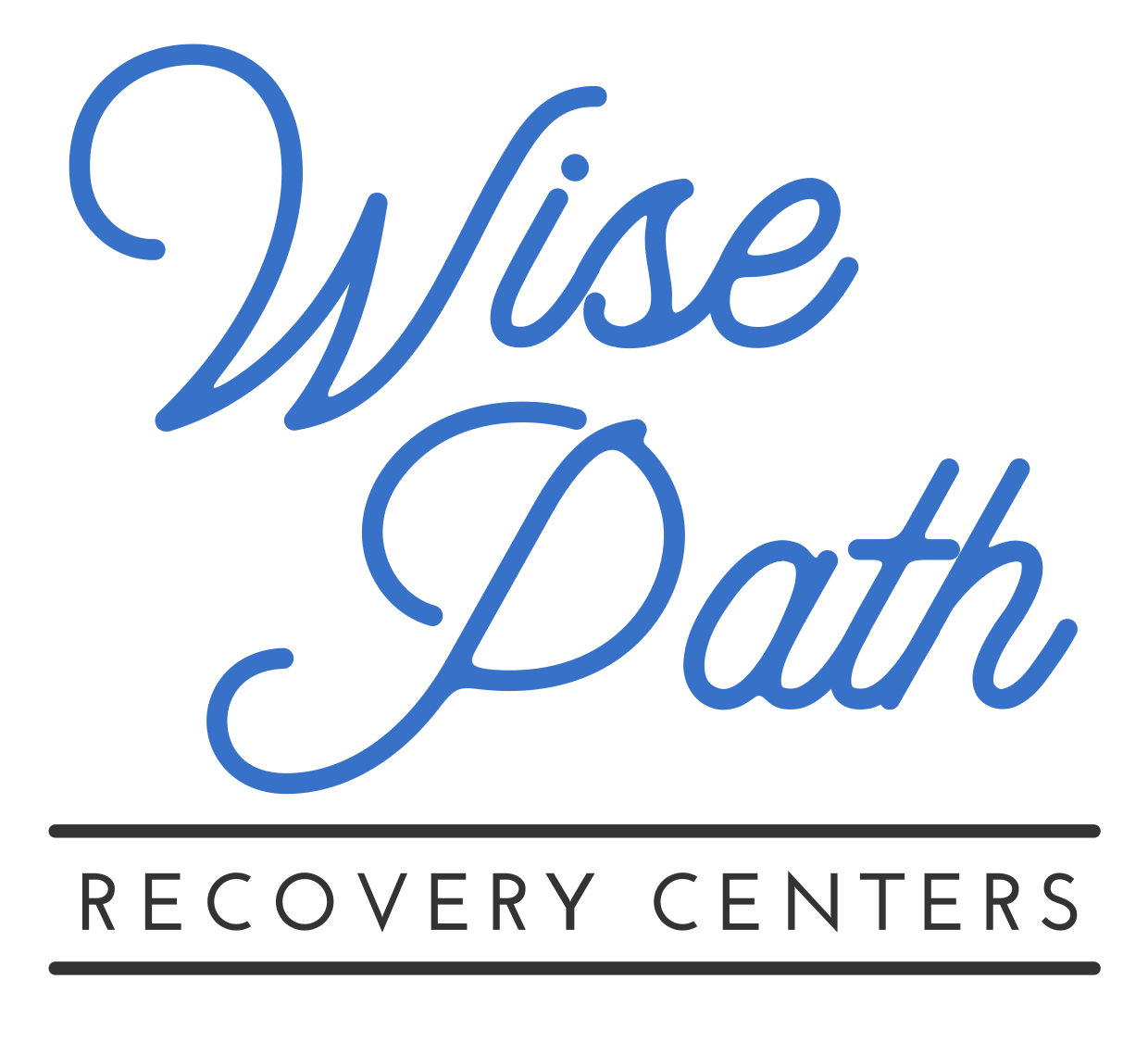Phenibut is a supposedly brain-enhancing product that has gained popularity online as a way to reduce anxiety, improve sleep, or boost focus. While it might sound appealing, phenibut carries serious risks and is not approved for medical use in the United States. Understanding what phenibut is, how it works, and the dangers it presents can help people make safer choices and seek support if they are struggling.
What Is Phenibut, and Why Do People Use It?
Phenibut is a synthetic compound first developed in Russia during the 1960s. Its full name is beta-phenyl-gamma-aminobutyric acid, and it is closely related to GABA, a naturally occurring neurotransmitter that helps calm the nervous system. In some countries, phenibut has been prescribed for anxiety, sleep problems, and even post-traumatic stress.
In the United States, phenibut is not recognized as safe or effective and cannot be sold as a dietary supplement. Despite this, it is often marketed online as a “nootropic” or brain-enhancing product. Many people try it for its relaxing or mood-boosting effects without realizing how addictive and risky it can be.
How Phenibut Affects the Brain and Central Nervous System
What phenibut effects should you know about? Phenibut works by binding to GABA receptors, especially the GABA-B receptor. GABA acts as the brain’s “off switch,” slowing down overactivity in the nervous system. By mimicking this effect, phenibut can reduce anxiety, promote calmness, and sometimes increase sociability.
The problem is that the brain quickly adapts to phenibut. Over time, people need higher doses to feel the same effects, a process known as tolerance. This pattern often leads to dependence, where the brain and body struggle to function normally without the drug.
Phenibut Side Effects You Should Know About
Phenibut may seem harmless at first, but even short-term use can cause unwanted effects. Common side effects include:
- Drowsiness or fatigue
- Dizziness or lightheadedness
- Headaches
- Nausea or stomach upset
- Difficulty concentrating or memory problems
At higher doses, phenibut can cause confusion, loss of coordination, or blackouts. Long-term use increases the risk of dependence, making it harder to stop without withdrawal.

Phenibut Withdrawal Symptoms and Why They Are Dangerous
One of the most serious risks of phenibut is withdrawal. Because it alters brain chemistry, stopping suddenly can cause uncomfortable and sometimes dangerous symptoms. These usually appear within hours to a day after the last use and can last for several days or longer.
Phenibut withdrawal symptoms may include:
- Severe anxiety or panic attacks
- Insomnia or restless nights
- Irritability and mood swings
- Tremors and shaking
- Nausea and sweating
- Hallucinations in severe cases
People often describe phenibut withdrawal as overwhelming and difficult to manage alone. For many, professional support is necessary to safely detox.
The Risks of Misusing Phenibut and Developing Dependence
Because phenibut is not regulated in the U.S., doses can be unpredictable, and products may vary widely in strength. Many people take more than they realize, especially as tolerance develops. This pattern puts users at risk of dependence, overdose, and worsening mental health problems.
What starts as occasional use can quickly become a cycle of escalating doses, withdrawal, and relapse. Misuse can also intensify underlying conditions, such as depression and anxiety.
Drug & Alcohol Rehab and
Addiction Treatment in West Virginia
Get in touch with our recovery center today at 866-860-9772
Treatment Options for Phenibut Dependence and Withdrawal
For people struggling with phenibut dependence, treatment offers the safest and most effective path forward. Recovery often begins with medically supervised detox, where withdrawal symptoms can be monitored and managed.
At Wise Path Recovery Centers, our team provides personalized care for individuals going through phenibut withdrawal. We focus on both physical stabilization and emotional support to make the process safer and less overwhelming.
After detox, we offer ongoing substance abuse treatment in West Virginia that addresses the root causes of substance use. Through therapy, counseling, and supportive group programs, clients learn healthier ways to manage stress and rebuild balance in their lives. This comprehensive approach helps reduce the risk of relapse and supports long-term recovery.
Drug & Alcohol Rehab and
Addiction Treatment in West Virginia
Get in touch with our recovery center today at 866-860-9772
Why Getting Professional Help for Phenibut Addiction Matters
Phenibut may be marketed as a harmless way to relax or focus, but the reality is that it carries serious risks. Dependence and withdrawal can feel overwhelming, but recovery is possible with the right support.
At Wise Path Recovery Centers, we provide compassionate, evidence-based care for people facing substance use and co-occurring mental health challenges. If you or someone you love is struggling with phenibut, reaching out for professional help could be the first step toward lasting healing.
Frequently Asked Questions About Phenibut
Is phenibut legal in the United States?
Phenibut is not an FDA-approved medication, and it cannot legally be sold as a dietary supplement in the United States. However, it can sometimes be found online through international vendors, which makes access confusing and potentially unsafe.
Can phenibut be addictive after just a few uses?
Addiction risk varies from person to person, but dependence can build quickly. Even with occasional use, the brain may start to adjust, leading to tolerance and withdrawal symptoms if use stops suddenly.
What does a phenibut overdose look like?
An overdose may cause extreme drowsiness, slowed breathing, confusion, loss of coordination, or unconsciousness. In severe cases, medical emergencies can occur. If someone shows these symptoms, it’s important to seek immediate medical attention.
Can phenibut interact with other medications or substances?
Yes, because phenibut acts on the central nervous system, mixing it with alcohol, sedatives, or other medications that slow brain activity can increase the risk of dangerous side effects, including overdose.
How long does phenibut stay in the body?
The effects of phenibut can last anywhere from six to 24 hours, depending on the dose. However, traces of the drug may remain in the body longer, and withdrawal symptoms may start once the drug begins to wear off.
What should I do if I want to stop using phenibut?
Because withdrawal can be severe, stopping on your own is risky. It’s best to seek professional medical help. At Wise Path Recovery Centers, we provide safe detox support and long-term treatment to help people stop using phenibut and regain stability in their lives.

